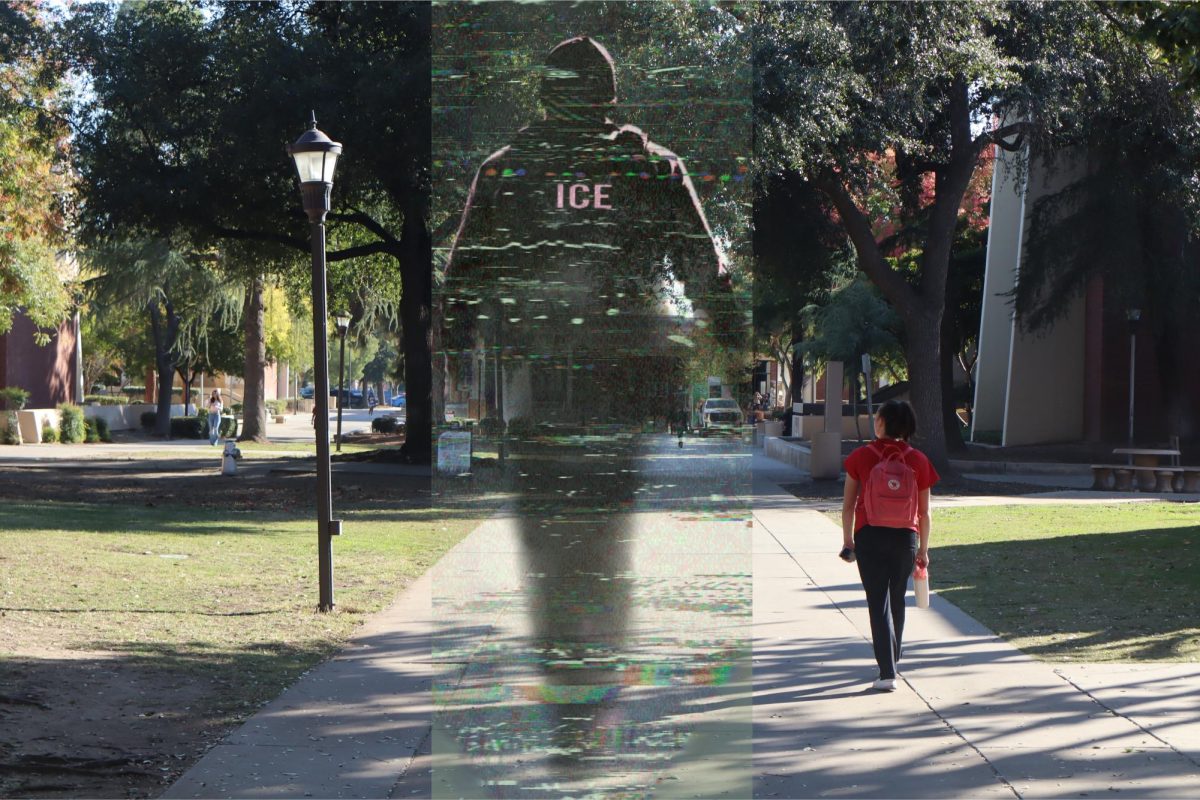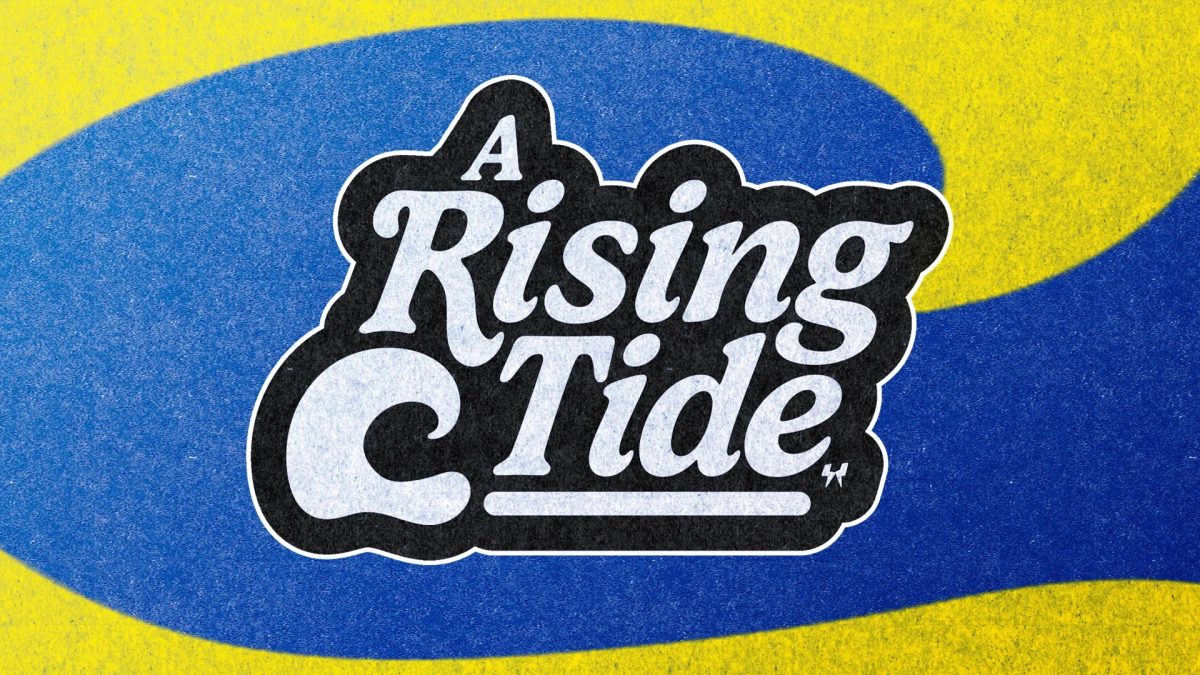Being successful in college can be a challenge for a multitude of reasons. Some students at Fresno City College come ill prepared to deal with the ups and downs that go along with being successful in college. Others may suffer from not having enough information necessary to help guide them to their degrees.
Whatever the reason may be, for some students, going to college can be like having a starring role in the upcoming season of “Survivor”. It need not be so if you follow these simple strategies.
1. Believe in yourself
Don’t neglect your relationship with yourself. You should indulge in self-support and self affirmation by believing that you are an important piece in your own life.
Keyinde Solwalzi, instructor of African American studies at FCC said students have to believe that they can learn anything that can be taught. “You have got to be able to say to yourself, this teacher can be hard, or this class may be difficult, but I know that as smart as I am, I can master this.”
2. Create a study group
An effective study group involves hashing out lesson materials together and discussing them with the intent of figuring out why one person’s answer differs from another’s. By doing that you learn more than you ever would have if you study by yourself.
Ann Williams, a Developmental Reading Instructor, said that studying in a group really helped her when she was in college. “A group of people has more information than a single person, so you can get different ideas,” she said. “Group studying also works well if you need to be quizzed on a particular subject.”
3. Surround yourself with the right people
As the old saying goes, “Birds of a feather flock together.” People that do bad things have to be around others who do bad things, and people who hang around those who are chasing positive goals tend to surround themselves with those who are in the same mind set.
James M. Tucker, Dean for the Library and the Tutorial Center said when he was in high school, college and graduate school, he chose friends from people who shared common interest. “All of us were on a track that said ‘we want to be achievers; we deliberately intended to go to college,'” said Tucker. “We supported each other in our efforts to get through high school and college.”
Tucker said they discussed their preferences for college and also about preparing for the SATs. “We were preparing ourselves through our friendships for where we were going to be moving on in the future, and once I got to college it was a similar deal,” he said.
4. Defer your gratification
Put off being satisfied now until you are done with what you want to achieve.
Jeanie Castle, counselor for EOP&S, said she believes that many of us today, buy into the logic that ‘I just want to get my car right now; I just want to get money now, I don’t want to worry about school.’ She added, “With me, getting through school was my priority.”
Castle received her masters degree by the time she was 25 years old; she can still remember many of her peers saying, ‘No, I am just going to take my time, take out student loans and buy what I want right now..
5 Take advantage of the different Programs at FCC
Go to the clerk’s desk at the counselor’s office and ask for the “Student Success Resources.” You’ll be amazed at what that booklet contains. It features guides to numerous services on campus as well as the Scholarship Opportunity Web Page, Career Center, Cal Works and information on programs like Bridge and SYMBAA. These programs have many resources that can help make your college experience a lot easier.
Linda Sanchez, an accounts clerk at the Student Lounge, said using the resources at FCC made a world of difference for her. She was a stay-at-home mom who didn’t have many skills and was, particularly, afraid of computers.
Sanchez used the, then, Gain Program, which is now called Cal Works to help her get through college. “I had my own educational advisor who set me up with a plan that showed me what classes to take, and when to take them,” she said. ” My educational advisor also set me up with college works studies, so I was more connected to the college than most students.”
It worked for Sanchez and will surely work for you. “You should also talk to your instructors; sit in front of the class; be active by asking question so you will know what the instructors are talking about,” Sanchez said. “And don’t be a goof-off in the back of the class.”






